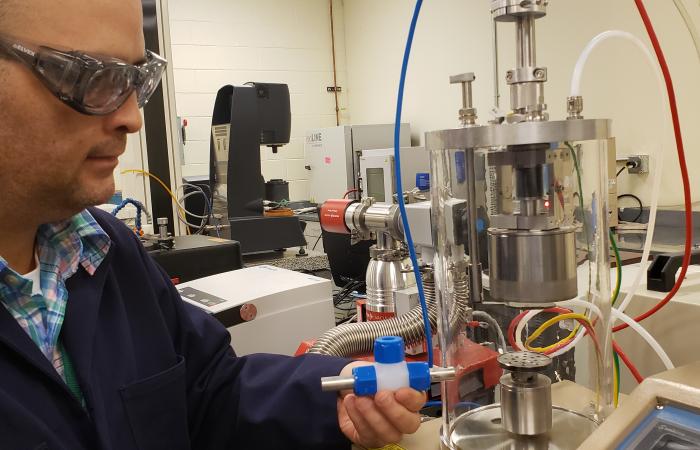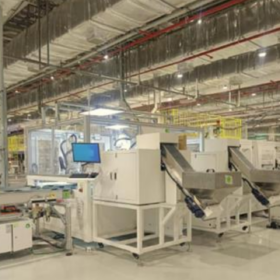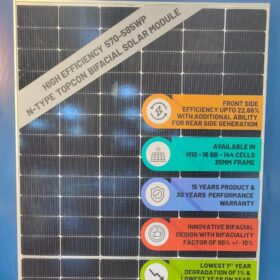From pv magazine Global
The scramble for new battery storage solutions is picking up the pace with news coming from both established players and new entrants. The latest such move has seen U.S.-based start-up Sparkz announce a pilot plant in Livermore, northern California, where it plans to begin construction of a pilot manufacturing facility for its patented solid-state battery technology.
The company’s move to establish its first pilot production was spurred by support from the California Energy Commission (CEC). Last year, Sparkz won a $2.6 million grant from the CEC to extend its development into solid-state batteries as the company takes steps to shift its second product line from development to commercialization.
“The California Energy Commission’s funding and continued support of Sparkz was an important step towards securing this facility,” said Sparkz CEO Sanjiv Malhotra. “The CEC understands that to challenge China’s domination of next-gen battery production, and reach America’s clean energy potential, we need to build sustainable battery facilities in the U.S. Sparkz is quickly approaching this goal and putting Americans to work.”
Founded in late 2019, Sparkz has recently completed the transfer of six patents from the U.S. Department of Energy’s Oak Ridge National Laboratory, which continues to be the company’s R&D partner.
Sparks’ lithium-ion batteries are said to offer double the energy density compared to other zero cobalt chemistries, that is lithium iron phosphate (LFP) batteries that are predominantly made in China. Its initial research shows the ability to reduce the cost of cell manufacturing by about 40%, while maintaining energy density and lifecycles comparable to chemistries that utilize cobalt.
Sparks’ high-density lithium battery design uses novel cathode and anode compositions, including early transition metal-stabilized high capacity oxidatively stable cathodes. This innovation improves on lithium-ion cathodes by replacing early transition metals, namely cobalt, at relevant sites in cathodes, and by varying the lithium composition.
Its other licensed technologies include a nonaqueous electrolyte with lithium bis(fluorosulfonyl)imide salt for fast charging/discharging of lithium-ion batteries, which enables the batteries to perform at a 23% higher capacity during a 12-minute charge than other formulas; as well as a scaling process which enables industrial-scale production of battery materials through a series of chemical processes.
Sparkz also operates an R&D and innovation center in Knoxville, Tennessee, and is also exploring new plants in the Appalachia to begin manufacturing its batteries for OEM partners. The company has the exclusive licenses to produce zero cobalt, lithium batteries and is committed to producing them in the U.S.
This content is protected by copyright and may not be reused. If you want to cooperate with us and would like to reuse some of our content, please contact: editors@pv-magazine.com.









By submitting this form you agree to pv magazine using your data for the purposes of publishing your comment.
Your personal data will only be disclosed or otherwise transmitted to third parties for the purposes of spam filtering or if this is necessary for technical maintenance of the website. Any other transfer to third parties will not take place unless this is justified on the basis of applicable data protection regulations or if pv magazine is legally obliged to do so.
You may revoke this consent at any time with effect for the future, in which case your personal data will be deleted immediately. Otherwise, your data will be deleted if pv magazine has processed your request or the purpose of data storage is fulfilled.
Further information on data privacy can be found in our Data Protection Policy.